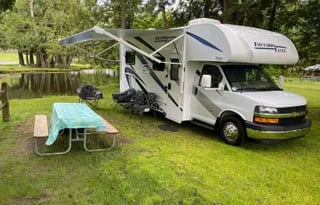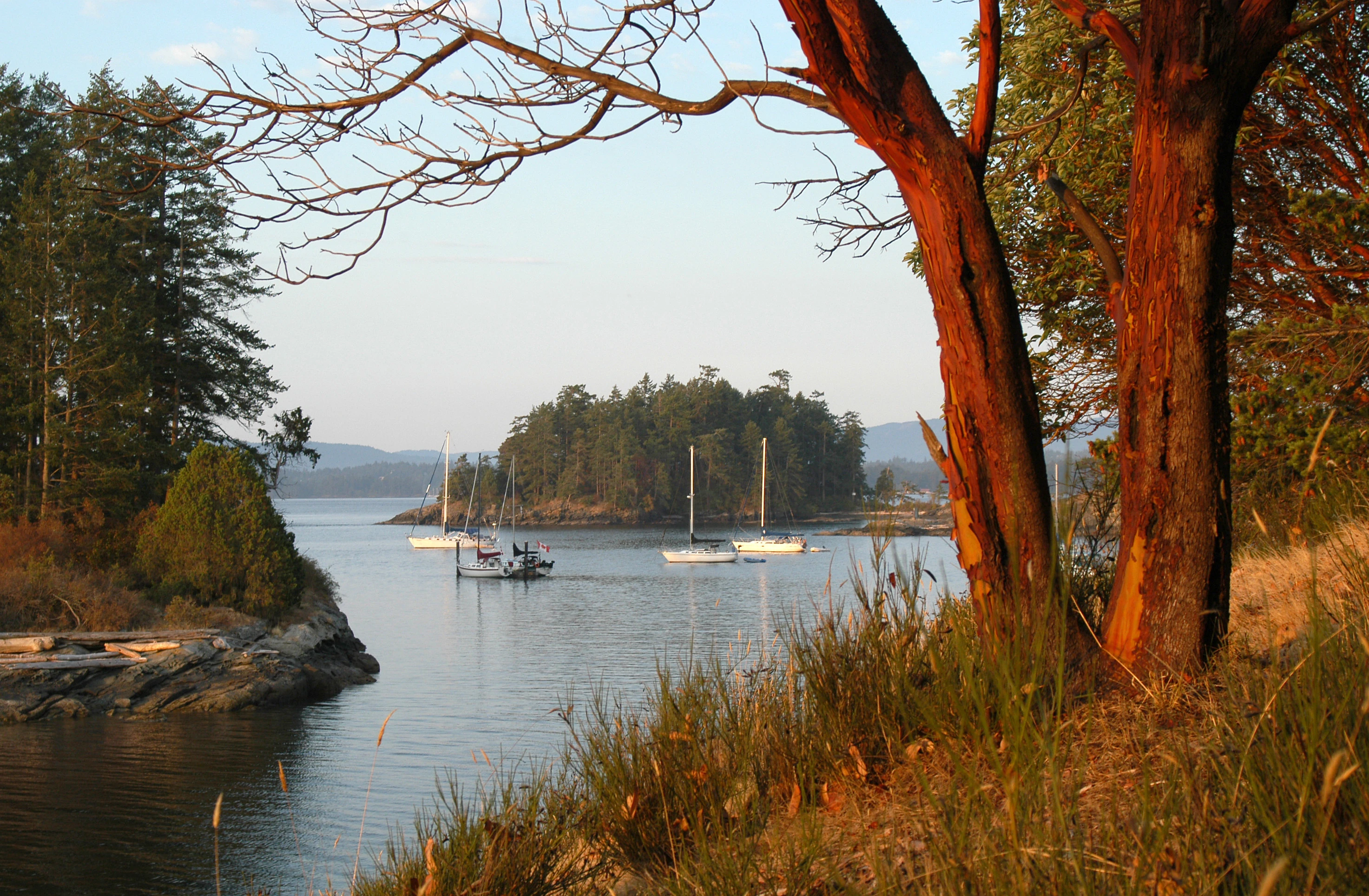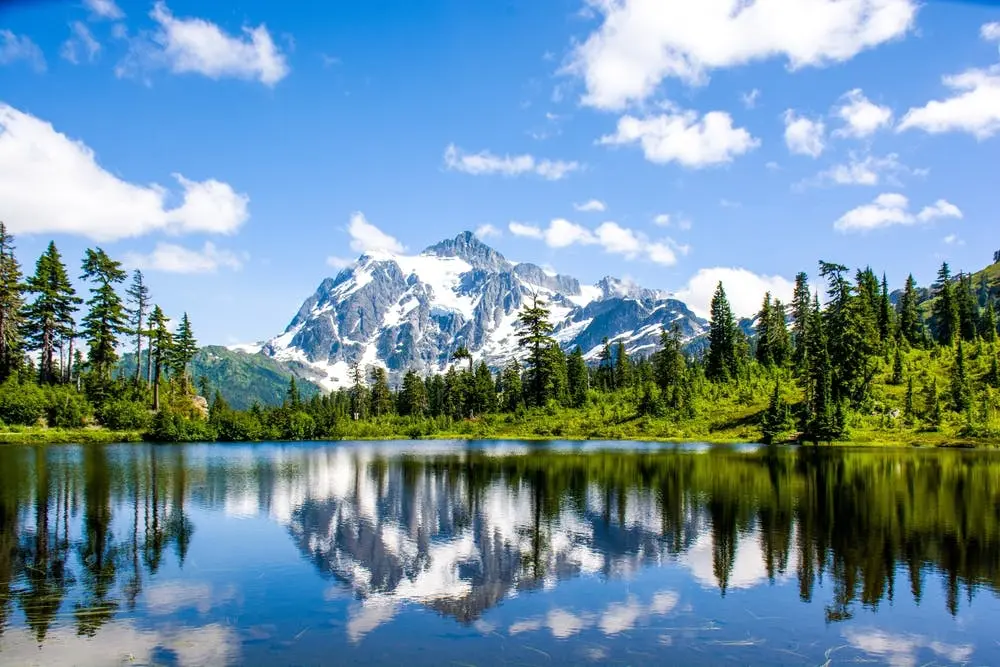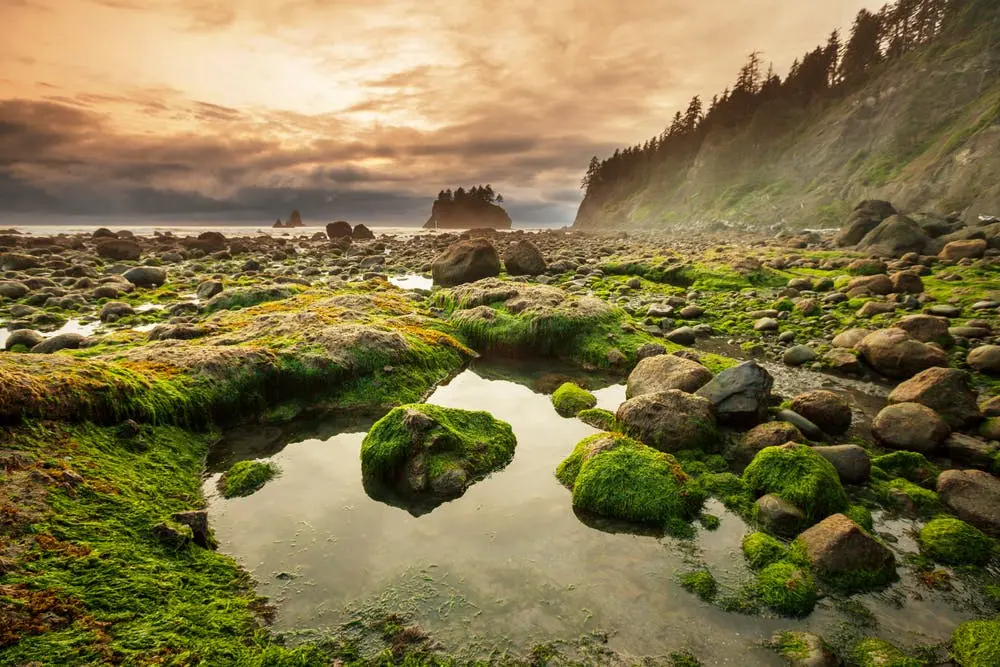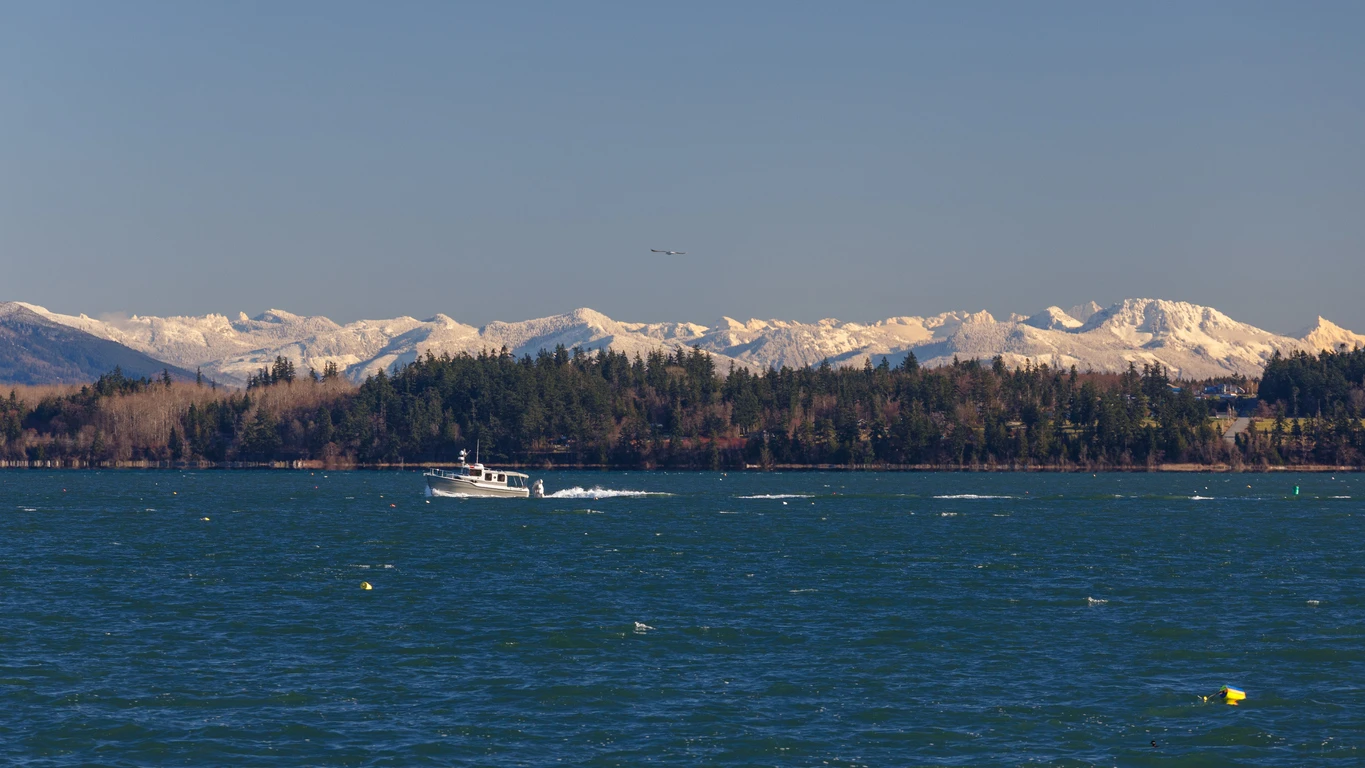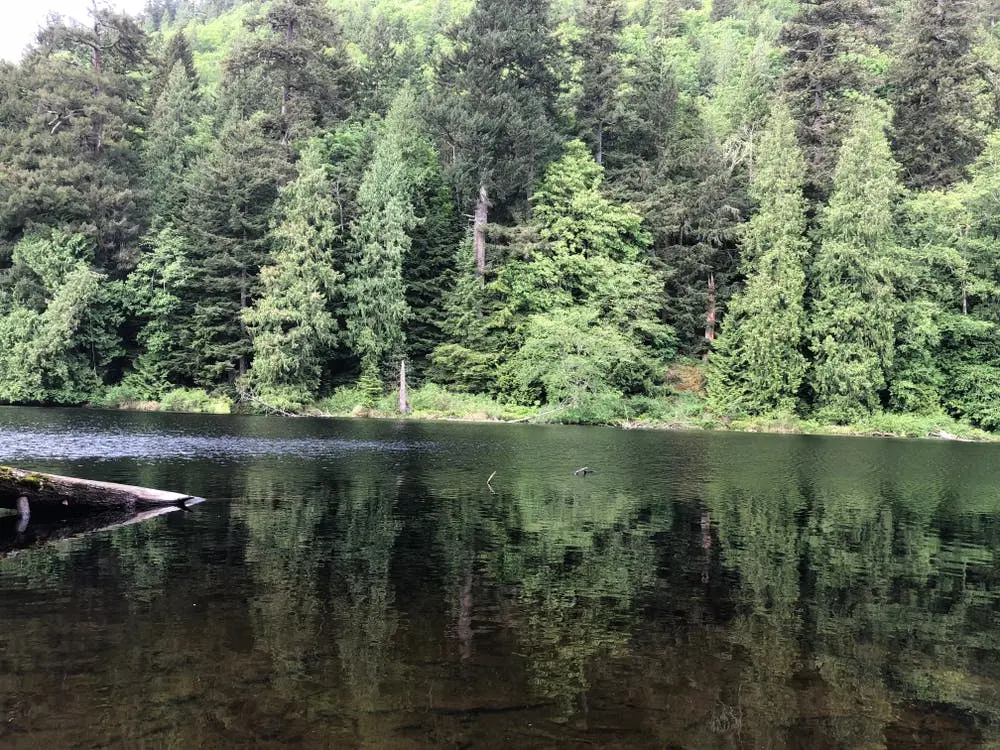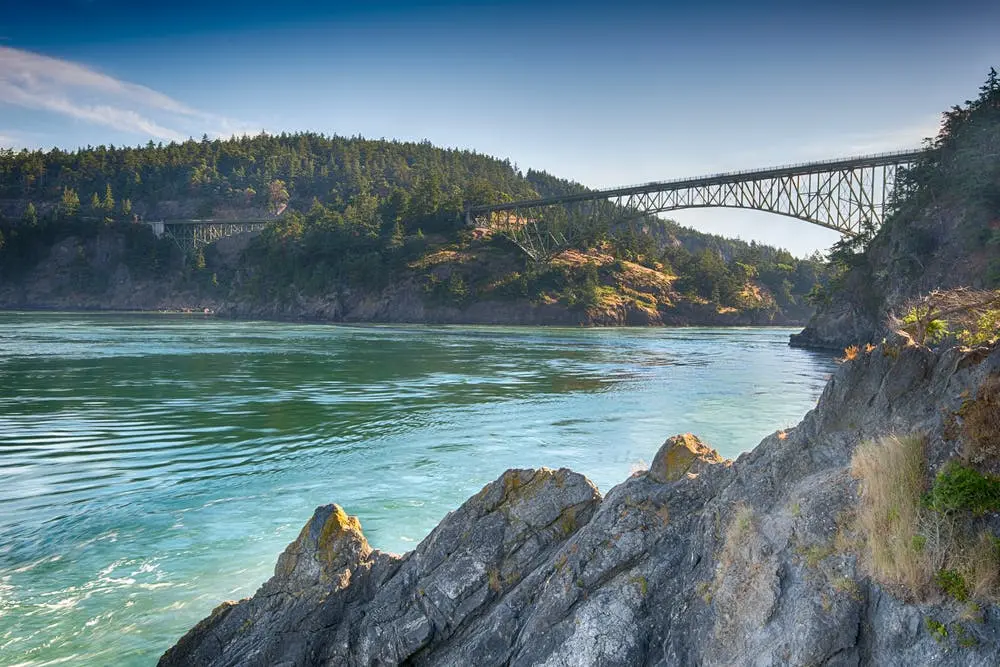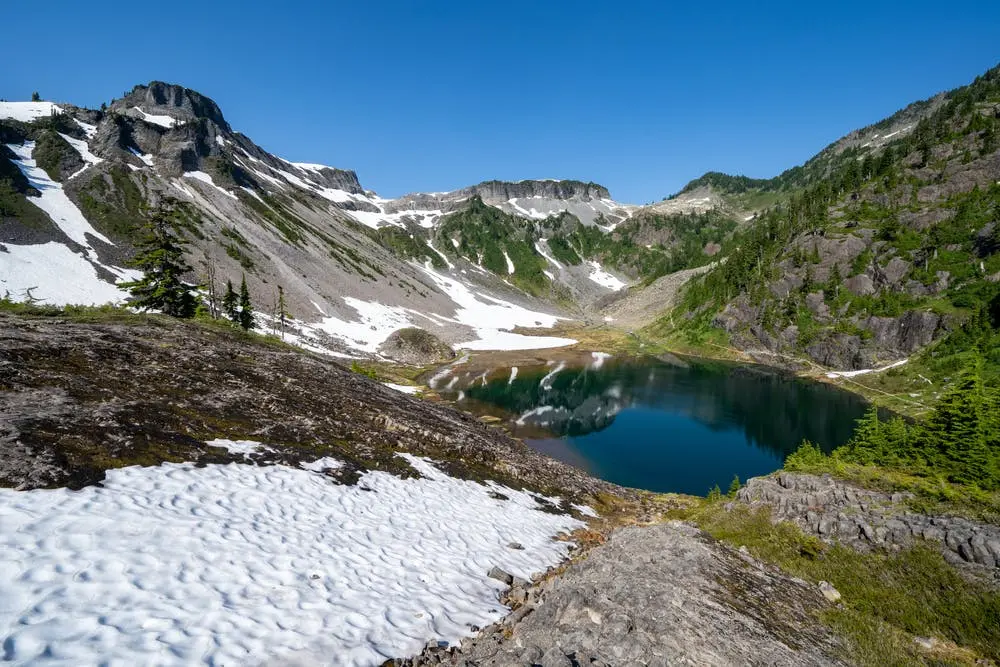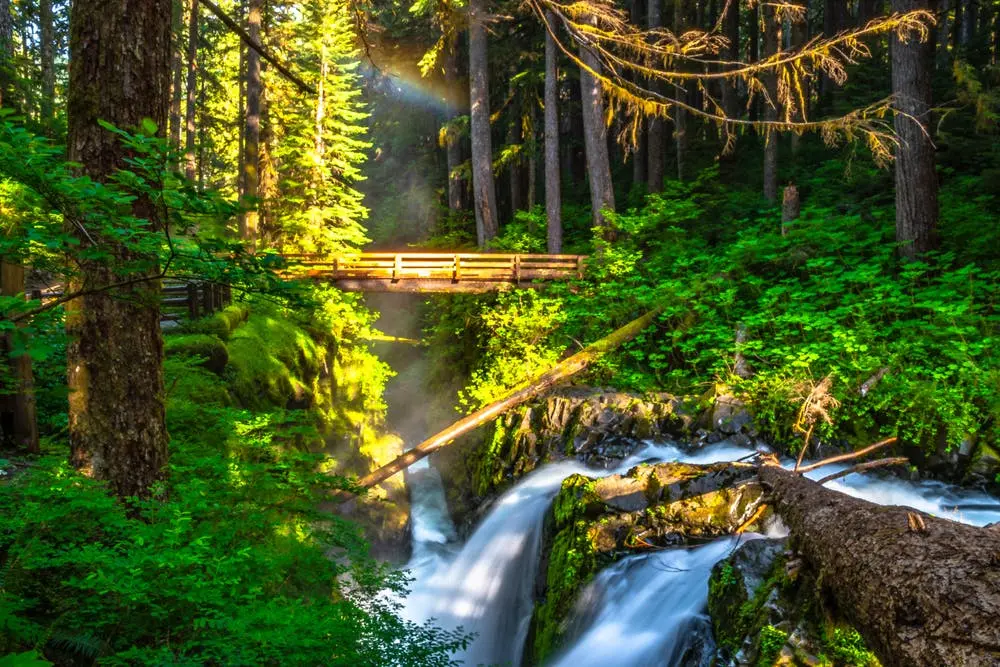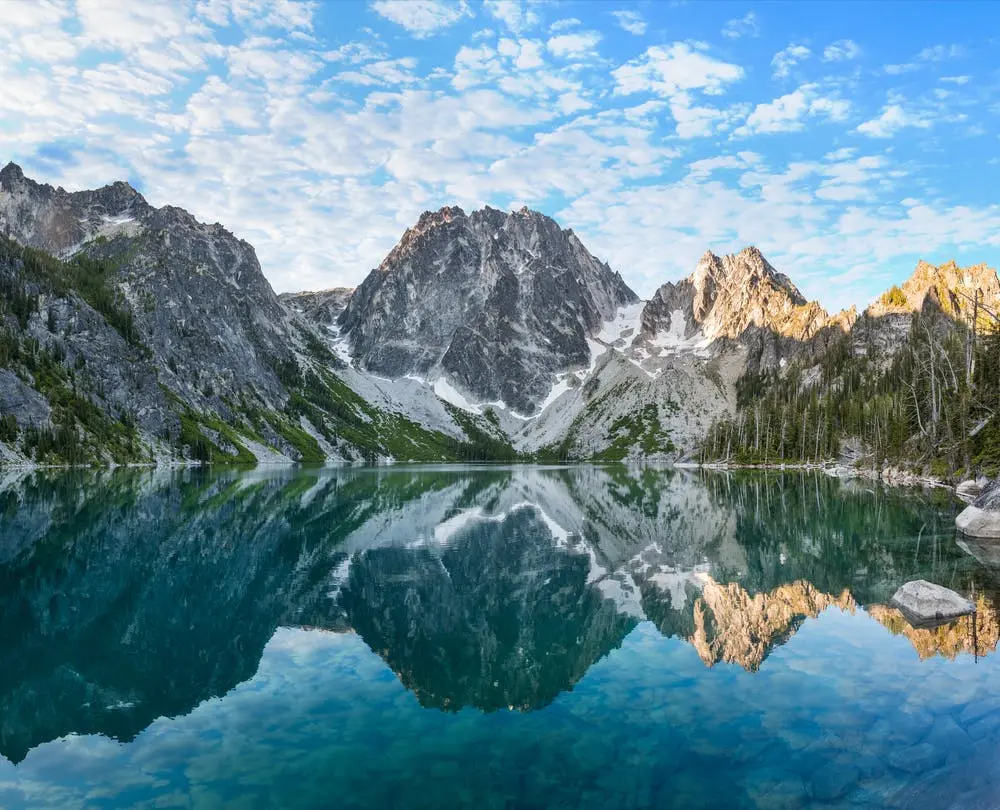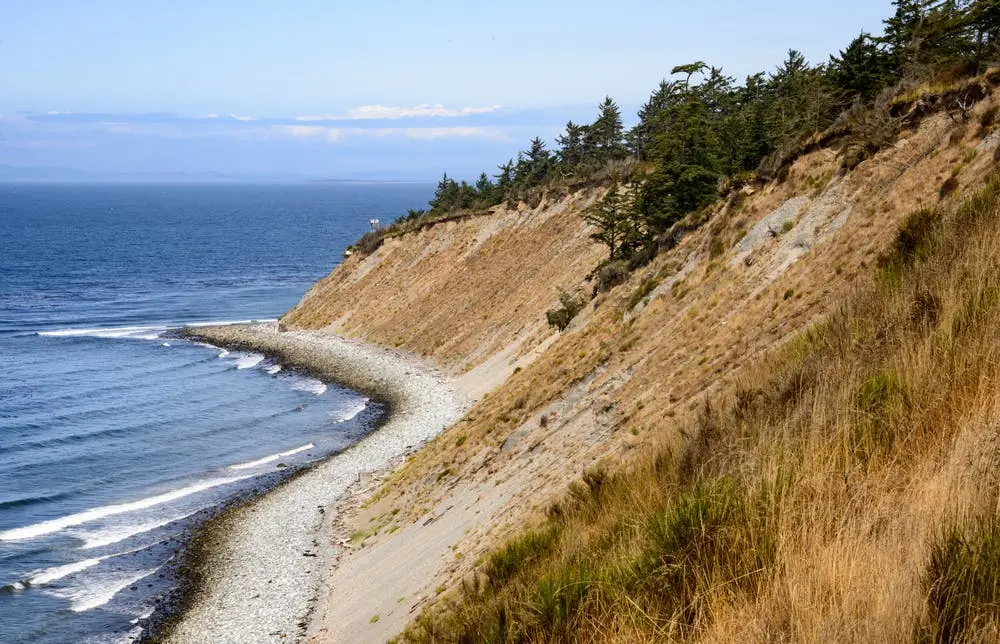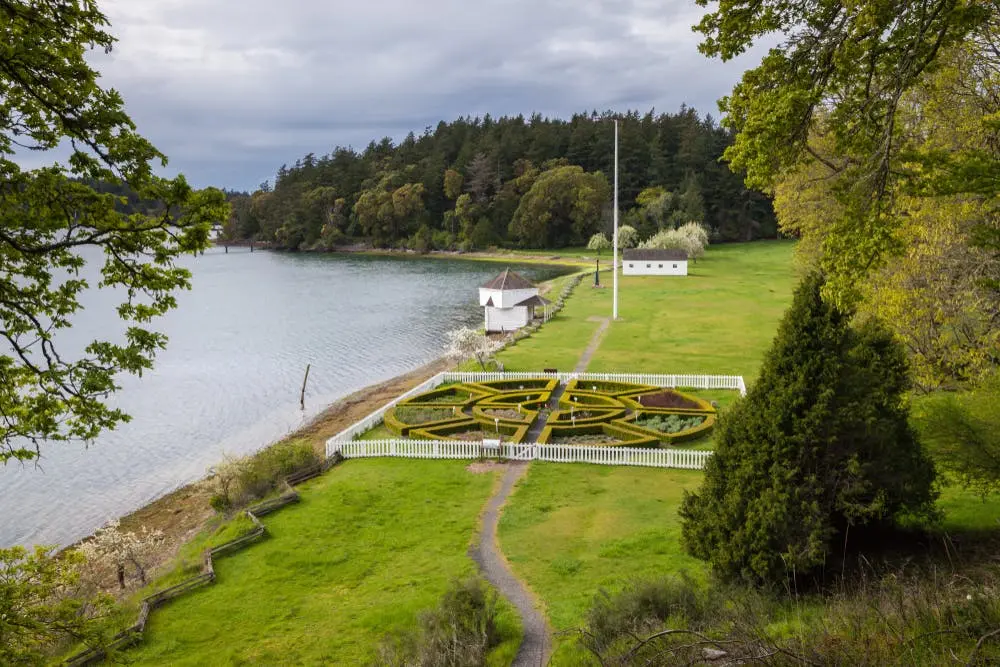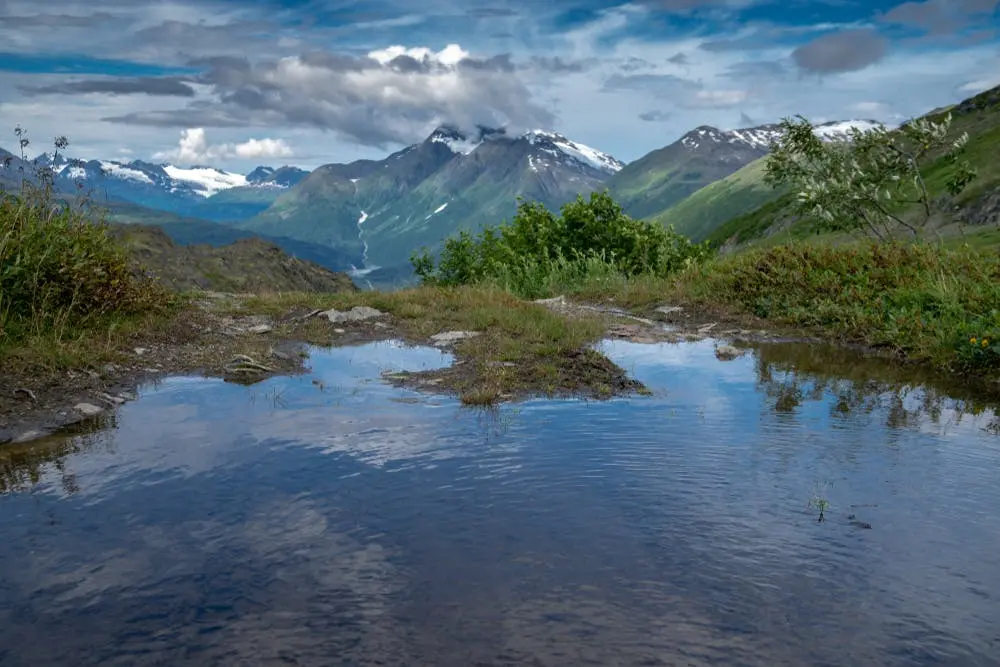Class C RV Rentals in Mount Vernon, WA



Browse motorhome by RV Class in Mount Vernon, WA
Browse towable by RV Class in Mount Vernon, WA
Fifth Wheel
Attaches to a tow vehicle via a gooseneck extension in the truck bedView all Fifth Wheel rentals in Mount Vernon
Travel Trailer
Trailer options exist for every kind of SUV or pickup tow vehicleView all Travel Trailer rentals in Mount Vernon
Popup
Can be towed by ordinary passenger vehiclesView all Popup rentals in Mount Vernon
Toy Hauler
Can be towed by many SUV or pickup tow vehiclesView all Toy Hauler rentals in Mount Vernon
Popular RV Searches in Mount Vernon, WA
Cheap
Under $100 per nightView all Cheap rentals in Mount Vernon
Affordable
$100 - $250 per nightView all Affordable rentals in Mount Vernon
Luxury
Above $250 per nightView all Luxury rentals in Mount Vernon
Delivery
Owners that deliverView all Delivery rentals in Mount Vernon
Pet Friendly
Bring your furry friendView all Pet Friendly rentals in Mount Vernon
Best National Parks Near Mount Vernon, WA
North Cascades National Park is around an hour and 15 minutes northeast of Mount Vernon. This park doesn't allow dispersed camping, so you'll need to make a reservation for one of its campgrounds to stay there. Most of the spots are for tent campers. Lower Goodell Creek Campground does have room for RVs, but there aren't any hookups or drinking water. However, it's worth "roughing it" to experience all the beauty and wonder the North Cascades have to offer. They're called the "American Alps" because of their towering peaks, glaciers, and waterfalls. The best way to enjoy the wilderness here is by backpacking and hiking.
There are two main ways to travel from Mount Vernon to Olympic National Park. The fastest route covers about 101 miles and will take you three hours. It requires taking a ferry part of the way. If you prefer to drive your RV the entire distance, you'll head south through Seattle. This route covers 172 miles and will take about 20 minutes longer than going by ferry. There are a million acres in Olympic National Park to explore. There are beaches, a rainforest, and even glaciers. Most of the campgrounds here have limited space for RVs. Only a few spots are available for rigs longer than 21 feet. In the park itself, there are no campgrounds with hookups, showers, or water.
Three hours south of Mount Vernon, you'll find Mount Rainier National Park, one of the oldest national parks in the United States. Mount Rainier itself, with its iconic snow-capped peaks, looms 14,410 feet in the air. It's also an active volcano. Surrounding Mount Rainier, you'll find acres of meadows, deep valleys, and forests. Three park campgrounds have spaces for RVs, although none of them have water or electrical hookups. One has a dump station, but it isn't always open. Check with the park to see if it's in service. You can stay for up to 14 days.
Bay View State Park is less than 10 miles from Mount Vernon. On the banks of Padilla Bay, it has a view of the San Juan Islands...and perhaps a whale or two. Fishing, skiing, and other water sports abound. The park's campground has 46 sites, 30 of which have partial hookups. There are restrooms and showers.
Another state park, Deception Pass, is 25 minutes southwest of Mount Vernon. The jagged cliffs, rocky shores, and scenic Deception Pass Bridge create a romantic, picturesque backdrop. There are three lakes to fish or swim in, or you can stroll the Puget Sound shore. Thirty-five miles of hiking trails crisscross the park. There are 134 RV sites with partial hookups.
Larrabee State Park, 27 minutes northwest of Mount Vernon, has the distinction of being Washington’s first state park. You can camp here as well as indulge in various water-based activities, such as fishing, boating, shellfish harvesting and exploring tidepools, as it contains 8,100 feet of shoreline along Samish Bay.
National Forests Near Mount Vernon, WA
The Space Needle is one of the world's most famous observation towers and definitely Washington State’s most identifiable landmark. Built for the 1962 World's Fair, the Space Needle is a symbol of Seattle. It went through a renovation in 2017 and now houses a lounge, a cafe, and a wine bar.
Snoqualmie Falls, which is an hour and a half southeast of Mount Vernon, hosts almost 2 million visitors each year. In addition to the 27-foot waterfall, you'll find a park, gift shop, and free parking. The observation decks for viewing the falls are open year-round.
The Arthur Foss is thought to be the oldest wooden tugboat that's still floating. It's been in the water since 1889. Now you can explore it via public tours at the Historic Ships Wharf in Seattle.
Bellingham RV Park, 34 minutes north of Mount Vernon, has 56 sites with full hookups and free Wi-Fi, and there also are private showers. Larrabee State Park, also in Bellingham, has 50 RV-friendly spots with full hookups. It puts you right by all the boating, hiking, and fishing in the park. Mount Vernon RV Campground is near downtown Mount Vernon. Its 81 RV-friendly campsites have full hookups and power. There's a clubhouse, pool, and even a miniature golf course.
RV Rentals Near Mount Vernon, WA
Frequently Asked Questions About Renting a Class C RV Near Mount Vernon, WA
How do I properly navigate and park a Class C motorhome rental in urban areas or tight spaces in Mount Vernon, WA?
When navigating and parking a Class C motorhome rental in urban areas or tight spaces, it's important to take your time and plan your route beforehand. Familiarize yourself with the dimensions of the motorhome and the height and width restrictions of the roads you'll be traveling on. When it comes to parking, look for designated spots or parking garages that can accommodate the size of your RV. Always pay attention to signage and be aware of any towing restrictions in the area.
Do I need to know any weight or height restrictions when driving a Class C motorhome rental in Mount Vernon, WA?
Yes, it's important to be aware of weight and height restrictions when driving a Class C motorhome rental in Mount Vernon, WA. Many bridges and overpasses have low clearance levels that may not accommodate the height of your RV. Additionally, be mindful of the weight of your vehicle and ensure that you're not exceeding any weight limits on the roads you're traveling.
How do I properly level and stabilize a Class C RV rental at my campsite or RV park, and what equipment or tools do I need for this?
Discuss your specific campsite with the RV owner to determine if any leveling equipment is necessary. If so, they will walk you through how to set it up safely.
What kind of maintenance or upkeep do I need to perform on a Class C motorhome rental during my rental period?
During your rental period you are not responsible for maintenance. Treat the RV with care and maintain cleanliness during your trip.
Can I bring my bicycles or other outdoor equipment to use with the Class C motorhome rental, and what storage options are available for these items?
Yes, you can bring your bicycles or other outdoor equipment to use with the Class C motorhome rental. Many RVs have storage compartments or racks that can be used to store bikes, kayaks, or other outdoor gear. Check with the RV owner to see what storage options are available and how much weight they can accommodate.
What fuel efficiency considerations do I need to consider when driving a Class C motorhome rental, and how can I minimize the impact on my fuel costs?
Class C motorhome rentals are generally less fuel-efficient than smaller vehicles, so it's important to be mindful of your fuel usage. To minimize fuel costs, try to stick to slower speeds and avoid idling or rapid acceleration. Planning out your route ahead of time can also help you save fuel by avoiding unnecessary detours or backtracking.
Can I bring my entertainment equipment or appliances for the Class C motorhome rental, such as a portable grill or music player?
Yes, you can bring your own entertainment equipment or appliances to use with the Class C motorhome rental. However, be sure to check with the RV owner beforehand to ensure that the RV is equipped with the necessary outlets or connections to use your equipment. Additionally, be aware of any safety hazards, such as using portable grills near the RV, and take appropriate precautions.
Are any particular features or amenities available in Class C motorhome rentals that may not be found in other RVs in Mount Vernon, WA?
The features and amenities available in Class C motorhome rentals can vary depending on the make and model of the RV. Some common features that may be available in Class C motorhome rentals include kitchenettes, bathrooms with showers, and additional sleeping areas. Check with the RV owner to see what features and amenities are included in their particular rental.
How do I correctly set up and use the kitchen and bathroom facilities in a Class C motorhome rental, and do I need to know any specific maintenance or cleaning considerations?
The RV owner will familiarize you with how to use the facilities. Take note of where the water and electrical hookups are located, and make sure to follow any instructions or guidelines provided by the RV owner. When it comes to cleaning and maintenance, be sure to follow proper procedures for disposing of waste and using cleaning products that won't damage the RV's plumbing or fixtures.
